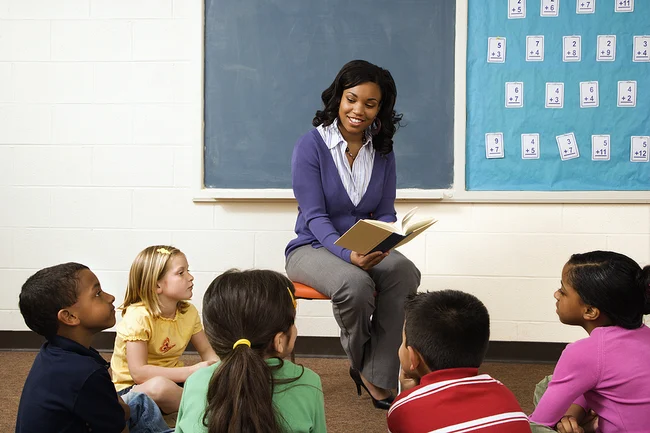
- One of the main goals in early childhood education special education advocacy is ensuring that children with disabilities receive the necessary resources and support to succeed in school. Parents can get help from special education advocates in knowing available resources, interpreting test results, and partnering with schools to develop learning strategies. Childhood education quality harms children’s prospects by resulting in employment, financial independence, poor health outcomes, and limited participation in decision-making, eventually limiting their opportunities for better futures.
- When children struggle in school, educators and others argue about who or what is to blame. Because learning takes place both within and outside of the classroom, assessing the term at risk requires an ecological perspective. Students with disabilities, their families, teachers, and school administrators are all affected by special education challenges.
- Schools can offer crucial information to parents and caregivers, benefiting children, families, and the community. Community partners can fill assistance shortages and foster communication. A resource directory of local nonprofit groups can assist new families.
- the special education teacher shortage has been well recognized by the special education research community and state and local education agencies as one issue that negatively affects outcomes for special
- The funding for technology books and learning materials is a problem in special education.
- Intervention in special education is a systematic strategy for assisting kids with disabilities or learning challenges. The purpose of intervention is to provide kids with the assistance they require to succeed academically and socially. Interventions can take several forms, such as offering extra assistance, changing assignments, or employing assistive technology to help.
- Plenty of additional experts, such as school psychologists, speech therapists, occupational therapists, and physical therapists, can assist students with disabilities. These experts collaborate to offer a wide range of services to kids with disabilities, such as academic support, behavioral counseling, and assistive technology.
- According to the Early Childhood literature, the most important is the fundamental basis Early malnutrition increases the risk of death and sickness, and there is growing proof that it harms brain development by impairing cognitive development. The Young Lives program monitors several growth markers that arise from temporary malnutrition, such as being underweight and wasting.
- Funding for technology-related books and learning resources in special education is mentioned as a challenge in the work The Impact of Reforms and Interventions on K–12 Education. Interventions include providing extra help, modifying tasks, or using assistive technology to support students who have learning problems or difficulties. Professionals such as school psychologists, physical therapists, and speech therapists work together to offer behavioral counseling and academic help.
- It appears within the text. Examining How Good Early Childhood Education Affects Special Education: Is It Possible to Avoid Being Placed in Special Education? Because early childhood education has different names, curriculum, methods of instruction, policies, practices, and outcomes than special education, the relationship between it and special education is complicated. It is difficult to compare procedures and results between countries because of the variations in support service structures, diagnostic standards, and understanding of disability.
- The article discusses A comprehensive assessment technique called play-based assessment is used to gauge young children’s abilities in a real-world setting. Students must apply play-based assessment in various contexts, including early childhood education facilities and classrooms. There are four ways that students can be assessed: through behavioral observations, developmental checklists, role-and-responsibility-play activity matrices, and parent-provider interviews. Parents’ and daycare providers’ interviews might shed light on a child’s growth and interests. To inventory the toys, manipulatives, and sensory materials available, it is advised to pay a visit to the childcare center.
One significant ADVOCATE ACTION that I can build to support special education children is a GoFundMe page, which will allow people worldwide to share and donate, enabling these bright young children to receive the support they deserve.
One modest ADVOCACY ACTION to support special education children can make a big difference in their lives by making learning activities enjoyable and engaging for all children.